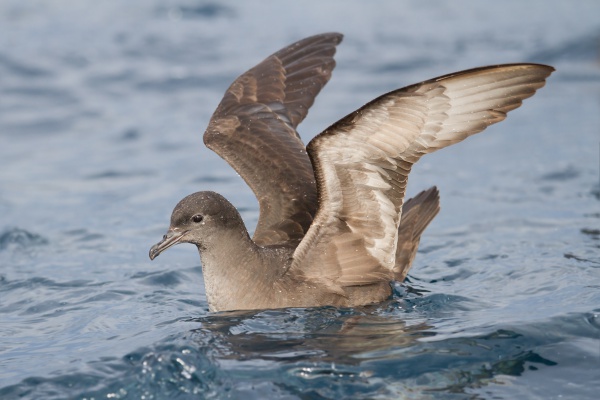Facts About Short-tailed shearwater
The short-tailed shearwater, also known as the slender-billed shearwater, yolla, moonbird, or muttonbird in Australia, is a seabird commonly found in Australian waters. What sets this bird apart is the commercial harvesting of its chicks, making it one of the few native Australian birds subject to such exploitation.
These migratory birds primarily breed on small islands in the Bass Strait and Tasmania before migrating north to the Northern Hemisphere for the boreal summer. They are closely related to the sooty and great shearwaters, sharing similar characteristics such as blunt tails and black bills. Phylogenetic analysis of mitochondrial DNA has classified them within the genus Ardenna.
As parents, the shearwaters take turns feeding their single chick, often embarking on long-distance feeding trips that leave the chick unattended for extended periods. In Tasmania, particularly on the muttonbird islands of the Furneaux Group, these chicks are harvested for food and oil.
During the austral winter, the shearwaters migrate to areas like the Aleutian Islands and Kamchatka, returning to Australia via the coast of California in the austral spring. The practice of harvesting these birds, known as muttonbirding, has a long history. Both Tasmanian Aborigines and early European settlers participated in this activity. European sealers and Aboriginal families established the industry, and today, recreational harvesting is regulated by seasonal licenses. This tradition remains a significant part of Tasmania's cultural heritage.
